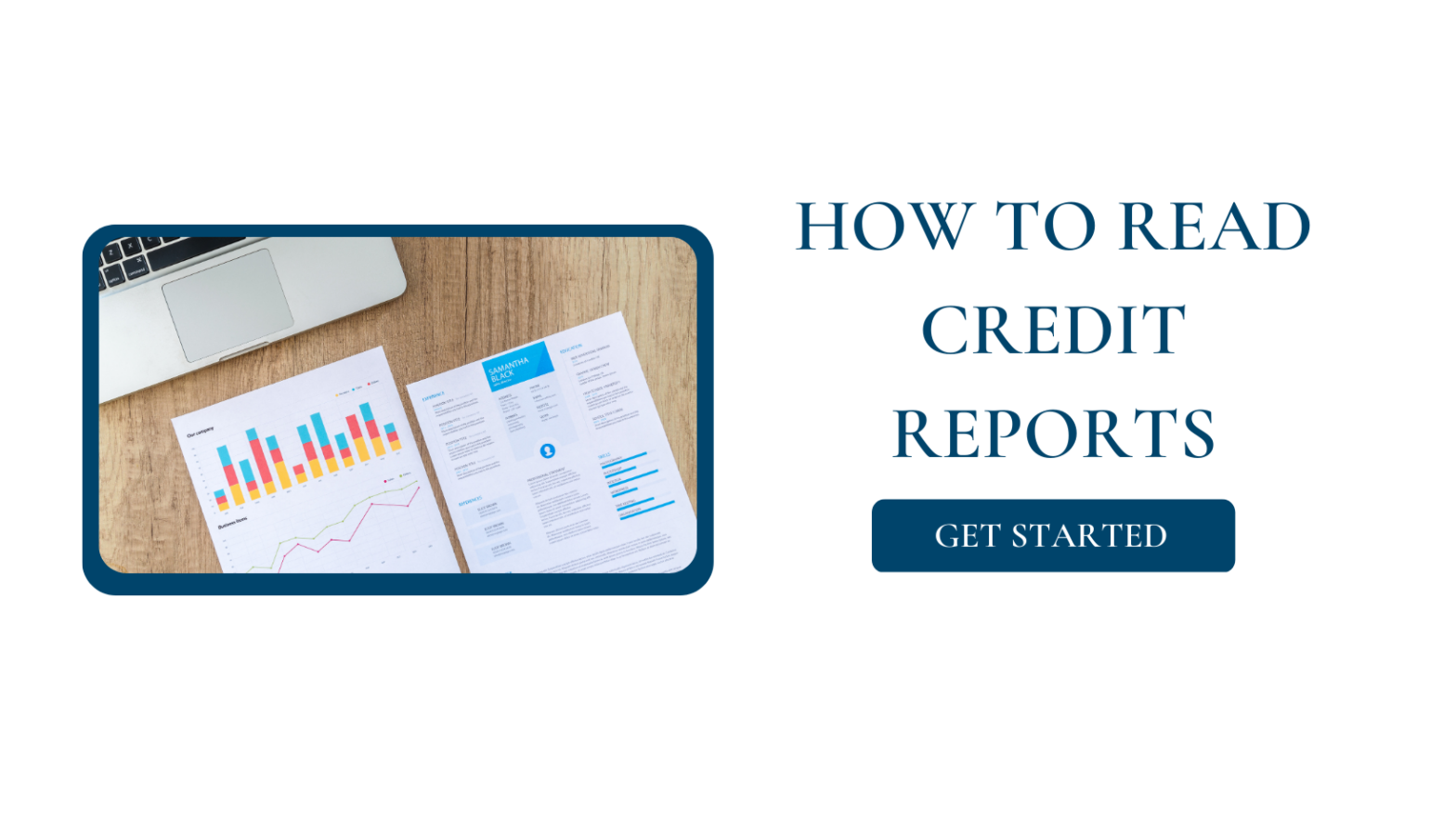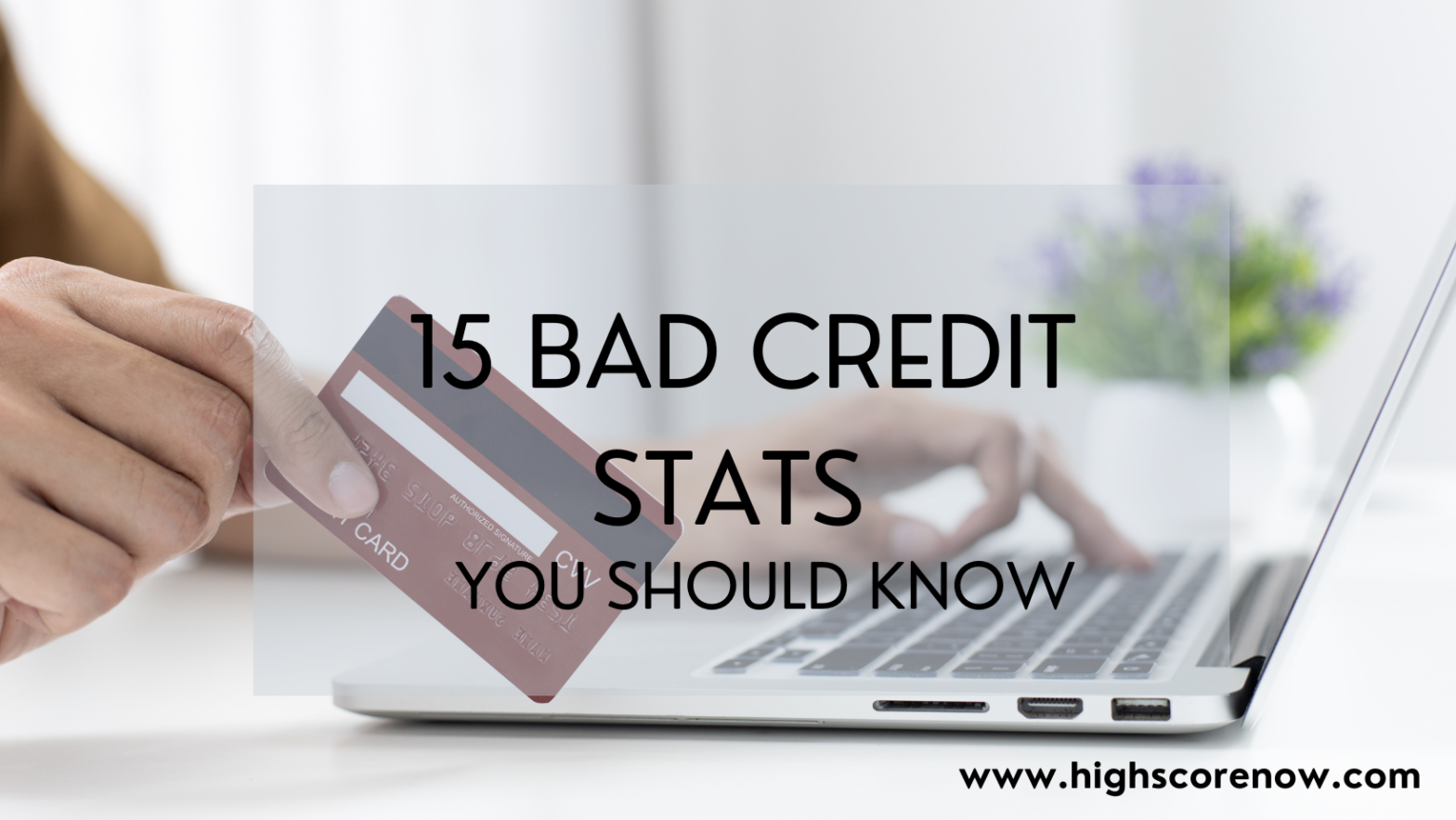Your credit report provides information about your overall financial status. Reading a credit report is the best way to grasp your financial picture. It may seem challenging at first, but deciphering your credit report is incredibly simple.
Your credit report is used to determine your credit score as well as other financial decisions, and it is essentially a detailed record of your credit history. Our best credit report advice is to learn how to read a credit report and to check for errors at least once a year.
Getting a Credit Report
You can get a credit report by requesting one from one of the credit bureaus. The AnnualCreditReport.com website allows you to get one free copy of your credit report from Equifax, Experian, and TransUnion each year. To get all three reports at once, you must order directly from AnnualCreditReport.com.
How to Read Your Credit Report
All three credit bureaus should provide accurate information in these five categories, though the information may be slightly different.
Your report will include information about your name (including previous names and aliases), your Social Security number, and your birth date. It will also have your current and previous addresses and contact information like phone numbers and email addresses.
1. Personal details
Look out for misspellings and incorrect personal information.
Every aspect of your credit report must refer to you, not to your dependents, not to your ex-spouse, and certainly not to a person with the same name. Make sure that your personal details are correct.
Something is awry when you see a misspelt last name, an incorrect middle initial, an incorrect Social Security Number digit, or a phone number that does not belong to you. These are all indications that your report may have been confused with someone else’s.
2. Job experience
Your credit report includes current and previous employers’ information in the personal information section.
Make sure you recognize all of the employers listed.
Your employment history doesn’t affect your credit score because it doesn’t have anything to do with your credit or debt. Incorrect information like employer names you don’t recognize or employers you never worked for is a warning sign that you should verify your identity.
3. Credit history
The FICO credit score is calculated from quite a few factors, including the amount owed (30%), the length of credit history (15%), new credit (10%), and credit mix (10%). Your payment history, however, accounts for 35% of your credit score calculation.
Paying close attention to the sections that list your credit history on your credit score is critical since it has the most important pieces of data used to determine your credit score. The following information is included in a credit report as part of your credit history:
- Payment history: This shows the details of all your payments. More specifically, if you made the minimum payments and how timely you are at making them. All missed payments contribute to a negative report.
- Closed and current accounts: Your accounts for the last seven to ten years will be listed. Whether it’s a joined account, individual account, or you’re an authorized user of any account, it will show up. There will be auto loans, student loans, mortgages and other installment loans as well as any revolving credit.
- Current balances: the highest balance on your accounts, as well as the current balance in the account when the creditor reported to the bureaus, will be listed.
- Creditors/lenders names: All the listed accounts will have the names of all your creditors and the date the accounts were opened.
- Loan amounts or credit limits: This will show the credit limits for your current revolving accounts and the loan amount for any instalment accounts.
- Status of your accounts: Your accounts will either be listed as open or closed, foreclosed, transferred, or refinanced. Others may be listed as charged off and they may be considered delinquent.
- Account opening and closing dates
Even after you’ve closed an account or paid off a loan, accounts will continue to appear on your credit history for some time. Your credit report will continue to reflect negative credit information such as late payments, charged-off loans and accounts, as well as delinquent loans, for seven years. After 10 years, accounts that are currently in good standing will no longer appear on your credit report.
Pay attention to all account details, especially the payment history.
Make sure that the account number, account name, balance amount, payment history, payment due date, and payment status are all correct by carefully scrutinizing your credit history. It’s important to make sure the account’s current credit limits or original loan amounts are correct. If the credit limit listed is lower than the one you actually have, it may negatively affect your credit utilization, which in turn impacts your credit score.
The following are other potential errors to look out for in this section:
- Accounts reported as delinquent, but they’re actually open accounts.
- Closed accounts that are listed as open.
- Good standing accounts were erroneously reported as delinquent.
- Wrong dates: Opened/closed account dates, payment dates or dates for delinquent payments.
- Accounts where you’re an authorized user but you’re listed as the owner.
- An account listed multiple times under different creditors. This mostly happens with collections or delinquent accounts.
Every account listed must be yours. If you don’t recognize an issuer, find an account that you didn’t open, see an incorrect balance, or notice another problem, you should dispute the error. Inaccurate account information could be a sign of identity theft, as well as outdated information on a credit report.
4. Public records
These are debts included in your report. A chapter 7 bankruptcy will remain on your credit report for 10 years. Records such as bankruptcies, foreclosures, and repossessions will be on your report for seven years. These events can negatively impact your credit standing, as they demonstrate a serious pattern of delinquency. Arrests, lawsuits, divorces, and law-unrelated infractions are not included in this section.
Public records can have a detrimental effect on your future financial well-being.
If there is a negative item on your credit report, you may need to submit a credit report explanation to lenders to explain why it is there. A public record must be verified with a courthouse visit at least every 90 days in order to be included on your credit report. Be certain that the information is correct with respect to your name, date of birth, address, and personal information.
Tax liens no longer affect your credit, so you should not see property tax liens, income tax liens, federal and state tax liens, or civil judgments on your report. If an error is found on your credit report, you should dispute it with the credit bureaus.
- Credit inquiries
Credit inquiries show a record of who has access to your information and when they accessed it. There are two types of credit inquiries: hard and soft inquiries.
- Soft inquiry: When you check your own credit or when creditors and other companies check your account.
- Hard inquiry: When lenders check your account when you’re applying for new loans, credit cards, credit card limits increase, or when a collection agency wants to contact you.
A hard inquiry typically reduces your credit score by a few points, but soft inquiries do not. Lenders worry about increased risk when they see you requesting more credit because it may signal riskier behavior.
A hard credit inquiry can lower your credit score or signal identity theft.
An unfamiliar credit inquiry on your report may indicate identity theft, but it might also be the result of multiple potential lenders pulling your report after you apply for a loan or mortgage. Issuers, on the other hand, typically count close-timed inquiries as a single inquiry if they occur within a certain time frame (usually 45 days or less).
Make sure to delete all inquiries listed after two years, as they should be. You may file a dispute and request a hard inquiry removal if necessary.
Importance of Credit Reports
Your credit report is a critical indicator of your financial well-being. Credit can either make or break your chances of getting a mortgage, as well as influence what sort of credit cards, insurance, and interest rates you are eligible for.
Landlords are more likely to rent you an apartment if you have good credit. Banks and lenders are also more likely to say yes to your credit applications, and you can receive lower interest rates or better credit terms, such as a low-cost fixed-rate mortgage or a higher credit line on a credit card.
You may not be able to acquire the most effective credit cards if you have bad credit, and you may have higher insurance costs and interest rates. You might be denied a rental, have to make a bigger advance payment, or co-sign with a creditworthy individual if you have bad credit scores. It might even influence your love life, according to a poll by Bankrate.
Checking your credit report can help you understand where you stand so you can improve your credit score. Checking your credit report at least once a year can also help you correct any errors so that your credit report accurately reflects your financial situation.
Dispute the Errors
Incorrect or out-of-date information on one of your credit reports can be corrected by filing a dispute with the credit bureau or hiring a credit repair company to do the heavy lifting for you. It is crucial to detect any mistakes, as incorrect information can negatively impact your credit score as well as any applications that rely on your credit report.
Check your credit report
It is important to check your credit report for mistakes that could damage your credit rating or indicate identity theft. The following are examples of potential errors:
- Wrong addresses
- Accounts and account numbers you don’t know
- Wrong account status
Disputes are evaluated on a case-by-case basis, so you must provide documentation to support your claim. You must provide proof of your identity, including your Social Security number, birth date, and a photocopy of your ID (such as your driver’s license or passport). You may need to send copies of documents to support your contention, which may include bank and credit card statements, loans, or death certificates, depending on the specific error.
Challenge the mistakes on credit reports
You can easily submit a complaint online or via mail or phone to Equifax, TransUnion, and Experian. Here are their addresses.
- Equifax: Report your complaints online or by mail to Equifax Information Services, LLC, P.O. Box 740256, Atlanta, GA 30374-0256. Dispute over the phone at (866) 349-5191.
- Experian: Report your dispute information online or over the phone using the toll-free number included on your credit report. If you want to use mail, send it to Experian, P.O. Box 4500, Allen, TX 75013.
- TransUnion: Call the toll-free number (800) 916-8800, online or by mail to TransUnion Consumer Solutions, P.O. Box 2000, Chester, PA, 19016-2000. Ensure you’ve filled in the request form on the website.
Review the credit bureau’s response
You have 30 days to have any errors, omissions, or unverifiable information on your credit report corrected or deleted. However, due to the COVID-19 epidemic, the Consumer Financial Protection Bureau extended the deadline to 45 days as of April 2020.
Bottom Line
It’s important to understand how to read your credit report so you can improve your credit and maintain a healthy credit score. Your credit reports should be monitored regularly to prevent identity theft and fraud. When you understand why it’s important to check your credit report and how to read one, you can make more intelligent purchasing and borrowing decisions.
Thank you for reading our article. We hope you learned new ways to battle creditors and banks while protecting yourself.
We would encourage you to become a member of HigherScoreNow.com and start to leverage all the benefits of having good credit. You deserve this.


